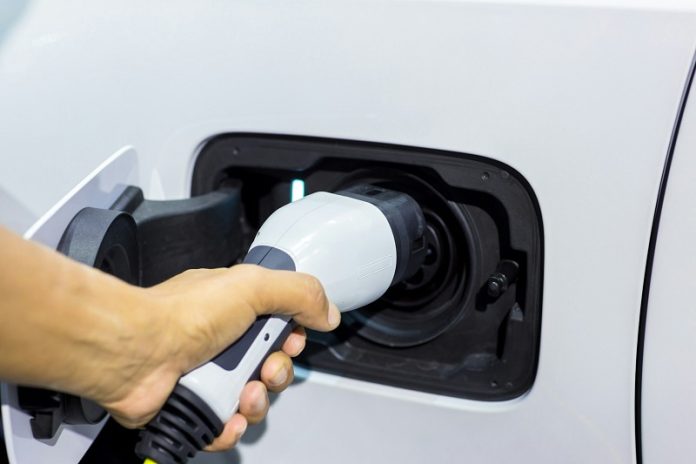
Imagine if electric car batteries could fix themselves when damaged and last twice as long.
That’s exactly what a group of EU researchers is working on through a project called PHOENIX.
Their goal is to create smart, self-repairing batteries that help electric vehicles (EVs) go further, last longer, and use fewer valuable resources.
Electric car sales in Europe are growing fast, with a 20% jump in February 2025 compared to the same time in 2024. But one big hurdle is the battery.
Most EVs use lithium-ion batteries, which wear out over time, just like the ones in our phones—only much bigger and more complex.
These batteries are made of rare and expensive metals like lithium, nickel, and copper, and they need to last at least ten years to match a car’s lifespan.
The PHOENIX project, named after the mythical bird that rises from its ashes, aims to develop batteries that can detect internal damage and heal themselves.
This could reduce the need to mine new materials and lower the carbon footprint of EVs. Researchers from several countries—including Germany, Switzerland, Italy, Belgium, and Spain—are working together to make this possible.
Right now, battery systems only monitor basic things like temperature and voltage to prevent overheating. But PHOENIX scientists are designing advanced sensors that can spot early signs of trouble, like swelling, heat changes, or dangerous gases.
These smart sensors would act like an early warning system. If something goes wrong, the battery could trigger a repair process—like applying heat to restore chemical bonds or using magnets to break apart harmful build-ups inside.
The team is also experimenting with new materials to make batteries more powerful and compact.
One idea is to replace graphite with silicon, which could hold more energy. But silicon is tricky—it can swell up a lot during charging, which can damage the battery. That’s why self-healing features are so important if these new materials are to be used safely.
In March 2025, the PHOENIX team shipped their first batch of smart sensors for real-world testing. While adding sensors increases battery cost, the researchers are carefully weighing which features give the best value to drivers and the environment.
If successful, this technology could lead to smaller, lighter batteries that last longer and charge faster—making electric cars more reliable and affordable. Most importantly, these self-repairing batteries could help Europe meet its 2035 goal: all new cars must produce zero emissions.
As researcher Johannes Ziegler put it, “It’s all about bringing the parts together”—to build a smarter, cleaner future for electric vehicles.
Source: KSR.



